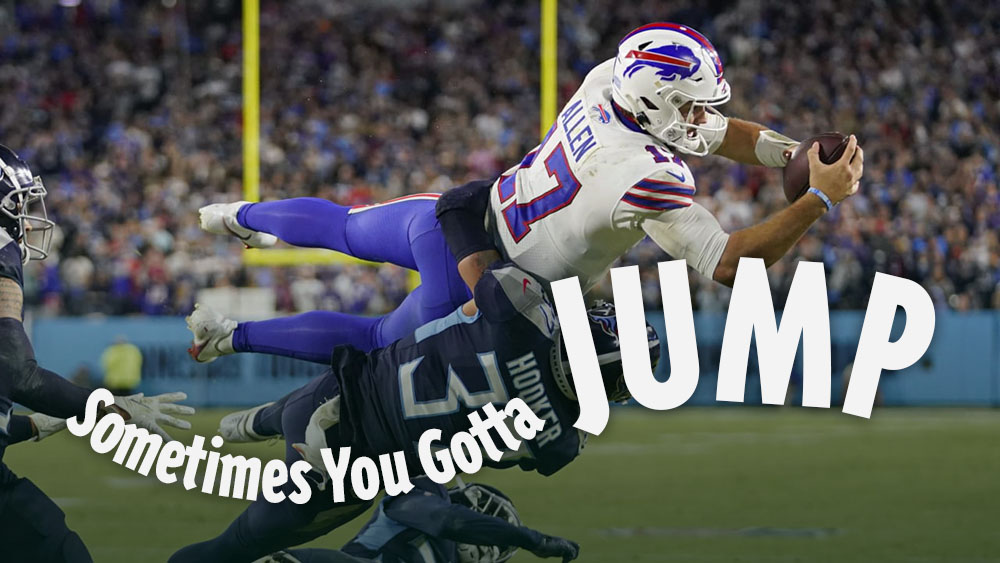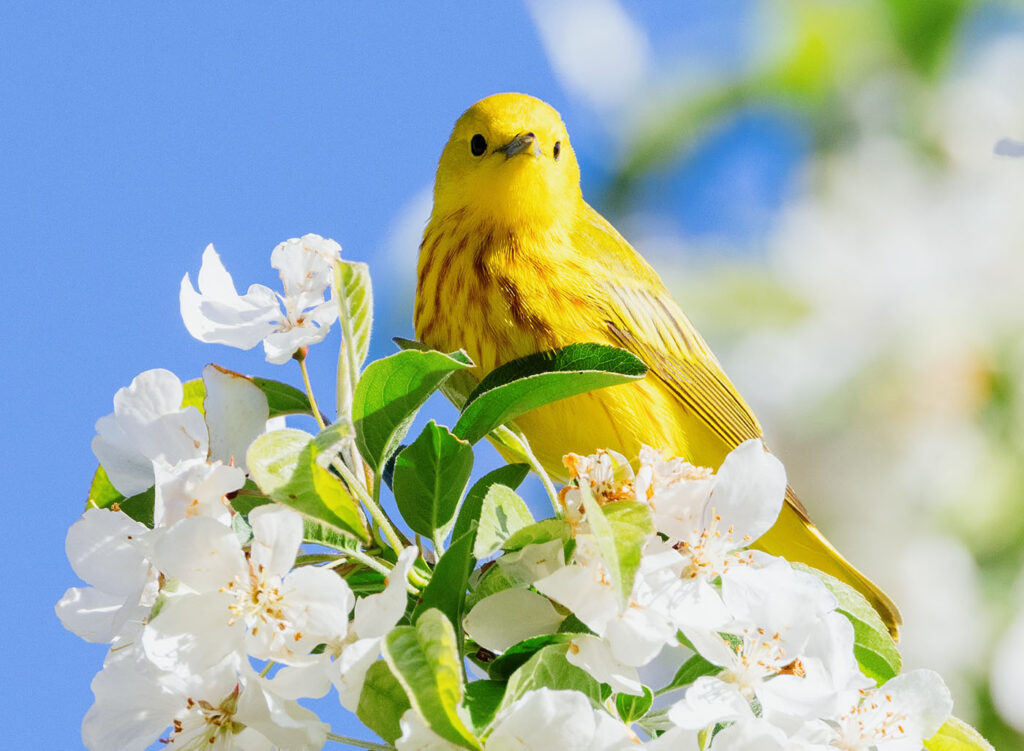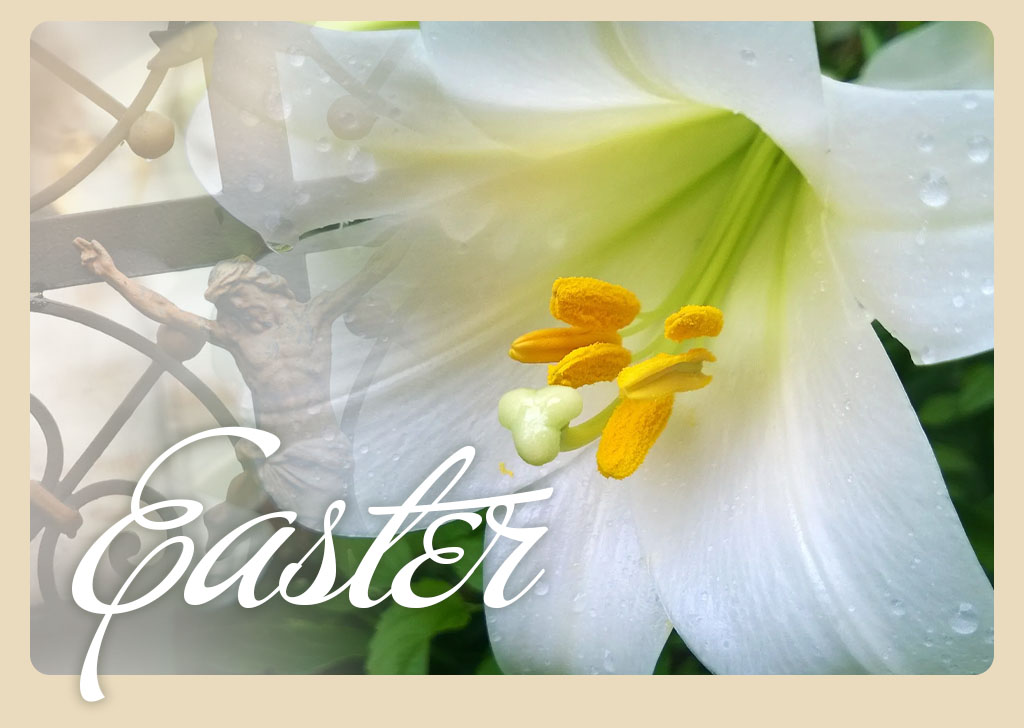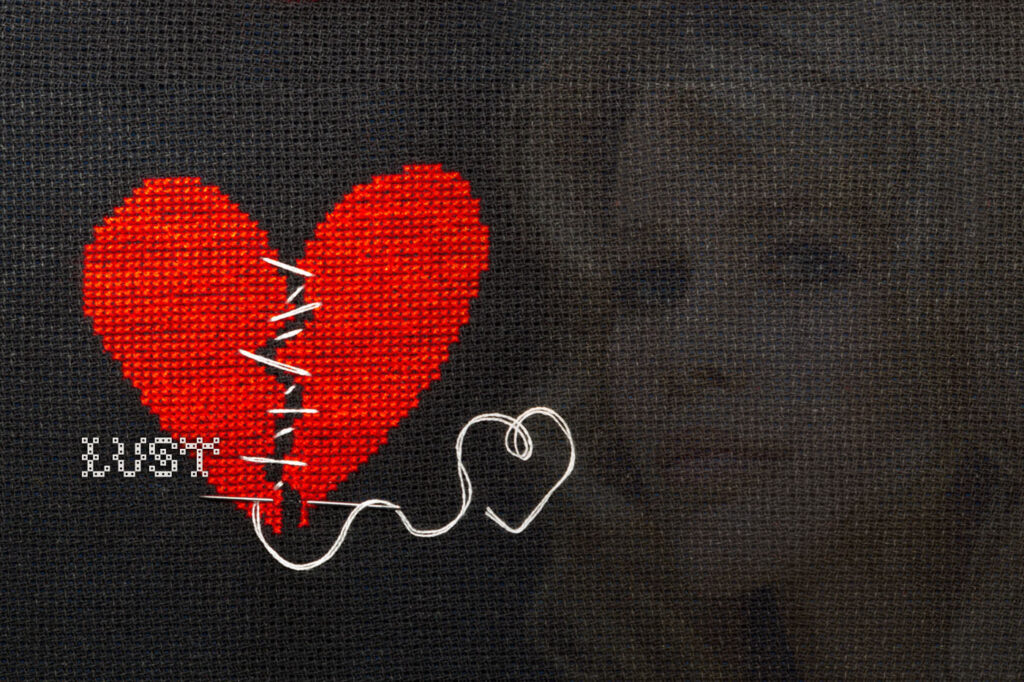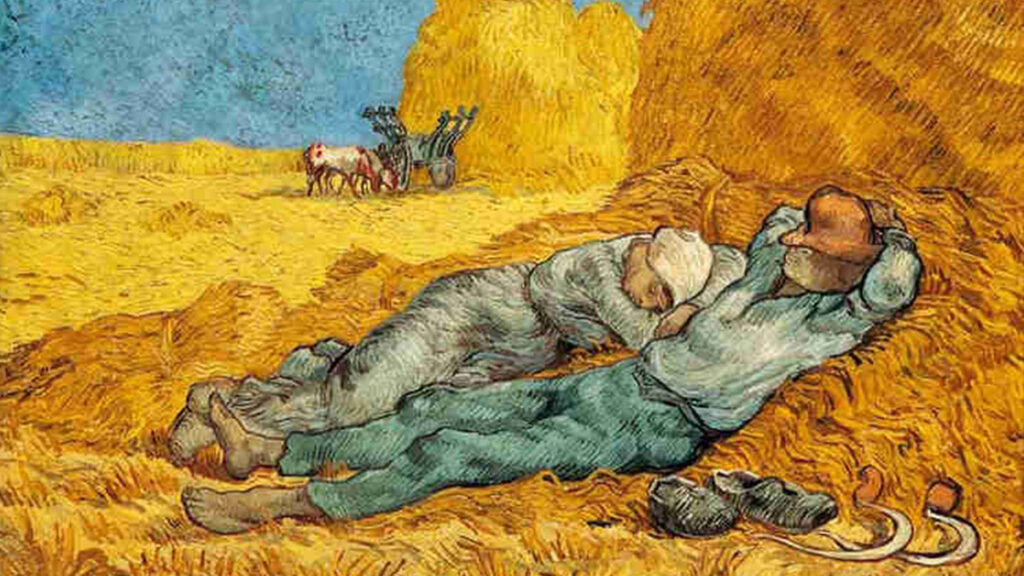
“My friend Fr. Peter Clifford, Pastor of St. John of Rochester (Fairport, NY), has written a clear and comprehensive article as to where the Diocese of Rochester and its parishes currently stand in the three year effort to end the bankruptcy process. He’s given me permission to send this along to you. I hope it answers some of your questions about where the legal maneuverings stand.
“September 12, 2021, I wrote a bulletin column with information on the Bankruptcy process. In August of 2019, New York State opened a two year window for victims to make claims which would otherwise have been blocked by the Statute of Limitations being expired. That resulted in some 470 or so claims being presented in those two years. In response to a growing list of claims against the diocese, its parishes and institutions (e.g. Catholic Charities) the diocese declared Bankruptcy. Three plus years of negotiations brought little progress. The Bankruptcy process which is part of Federal Law is intended to protect businesses from collapsing as a result of financial crisis. It is founded on the value that society benefits from such businesses or institutions and is well served by their continued operations. In filing Bankruptcy, our diocese has not and does not contend the tragic reality of sexual abuse which scarred the lives of so many over time.
Neither the diocese, its institutions or parishes could possibly have survived litigating those claims in separate court cases thus the necessity of Bankruptcy.
Recently, the diocese was able to make a significant step forward in announcing a proposed settlement with a committee representing the victims. This has been very long coming and at times seemed out of reach. The diocese, related institutions (Catholic Charities and others), and the parishes negotiated a proposed settlement amount ($55m) and the Victims Committee agreed! The diocese has presented a petition to the Federal Bankruptcy Court asking that this be accepted. The monies to be used to make this payment will come from unrestricted assets. The Diocese, our parish, all parishes, Catholic Charities and other diocesan institutions have over the 150+ years of the diocese accumulated funds from wills and normal operations.
In the case of the diocese its unrestricted assets were not sufficient to respond to the claims presented. Further specific claims were also made against individual parishes where it was claimed abuse happened. Bishop Matano early in this process hoped that the final settlement could be arrived at without the use of parish resources. As the number of claims grew and the atmosphere and circumstances within the negotiations between the diocese and the claimants developed that became more and more impossible.
A committee of Pastor’s representing the interests of the parishes has been meeting with legal representation since early in this process. They determined and the other pastors accepted that parishes would contribute to the settlement amount in order to provide one that is both acceptable to the victims and just in view of the grave damage caused over time.
An essential dimension of this settlement is a guarantee that the diocese, all parishes, and institutions will be protected from any future court litigation of these past claims. This is called a “Channeling Injunction”, that is all the claims against parishes and institutions are channeled into those against the diocese and all are protected from any litigation in the future. This could be thought of as purchasing an insurance policy to protect us from damages. The amount any single parish or institution will contribute would be far exceeded by the cost of going to court over a claim.
While these details are important; most important is our responsibility for justice. Harm was done. Harm was done to many individuals and its effects have rippled through many lives and families over time. As a church we have faced and admitted (far too late), but admitted our guilt and our responsibility. This proposed Settlement process is part of taking responsibility and offering tangible restitution for the damage done. We did not cause this damage and its effects through so many lives. Yet it is our responsibility to do all we can to prevent and protect those entrusted to our care. This proposed Settlement, if it succeeds, there are many steps before this is finalized, is an important and necessary step toward justice.”
I will be communicating Holy Trinity’s financial contribution to the settlement when the numbers are finally determined. Stay tuned. Don’t worry. We got this.
Fr. Tim


